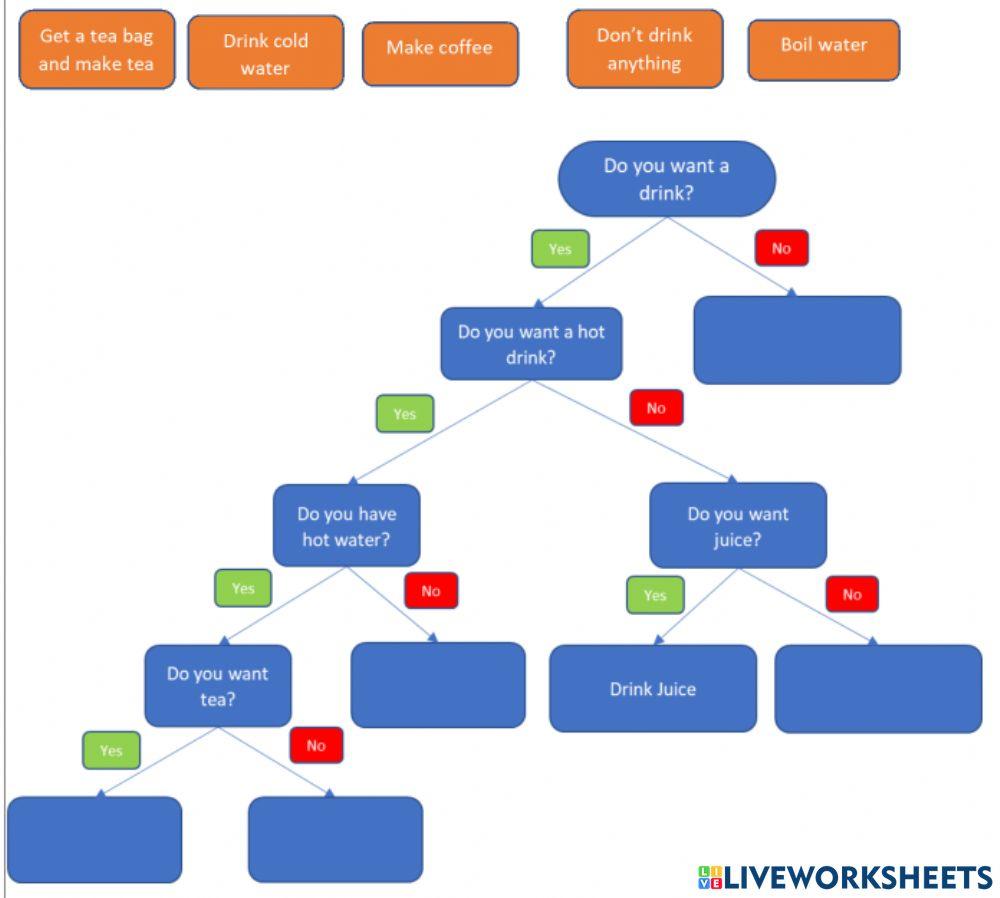Molecular organization of the G1 checkpoint Biology Diagrams Learn about cell cycle checkpoints and their role in regulating the cell cycle.

Regulation of G1 Cell Cycle Progression Distinguishing the Restriction Point from a Nutrient-Sensing Cell Growth Checkpoint (s) Cell cycle checkpoints are surveillance mechanisms that monitor the order, integrity, and fidelity of the major events of the cell cycle. These include growth to the appropriate cell size, the replication and integrity of the chromosomes, and their

Cell Cycle Regulation by Checkpoints Biology Diagrams
The DNA damage checkpoint pathways consist of lesion sensors, adaptors/mediators that assemble signaling complexes at DNA lesions, protein kinases, and their substrate effectors (Table 1). The proteins identified as components of the DNA damage checkpoint pathways are part of the surveillance network that also regulates the orderly progression through an unperturbed cell cycle. Although the G1

In Eukaryotic cells, cell cycle checkpoint regulation ensures the fidelity of cell division. This kind of control verifies whether the processes at each phase of the cell cycle have been accurately completed before progression into the next phase. Mitogen-dependent progression through the first gap phase (G1) of the mammalian cell-division cycle is precisely regulated so that normal cell These checkpoints occur near the end of G 1, at the G 2 /M transition, and during metaphase. Figure 10.3B. 1 10.3 B. 1: Internal Checkpoints During the Cell Cycle: The cell cycle is controlled at three checkpoints. The integrity of the DNA is assessed at the G1 checkpoint. Proper chromosome duplication is assessed at the G2 checkpoint.

Control of cell cycle transcription during G1 and S phases Biology Diagrams
Abstract Most genetic changes that promote tumorigenesis involve dysregulation of G1 cell cycle progression. A key regulatory site in G1 is a growth factor-dependent restriction point (R) where cells commit to mitosis. In addition to the growth factor-dependent "R," which maps to a site about 3.5 hours after mitosis, there is another checkpoint later in G1 that is dependent on nutritional The G1 checkpoint, also known as the restriction point in mammalian cells and the start point in yeast, is the point at which the cell becomes committed to entering the cell cycle. As the cell progresses through G1, depending on internal and external conditions, it can either delay G1, enter a quiescent state known as G0, or proceed past the restriction point. [5] DNA damage is the main Specializing cells for specific functions. Regulation of the Cell Cycle Checkpoints tightly regulate the cell cycle to prevent errors. These checkpoints include: G1 Checkpoint: This checkpoint ensures that the cell has adequate energy resources and that the surrounding environment is favorable for DNA replication.

